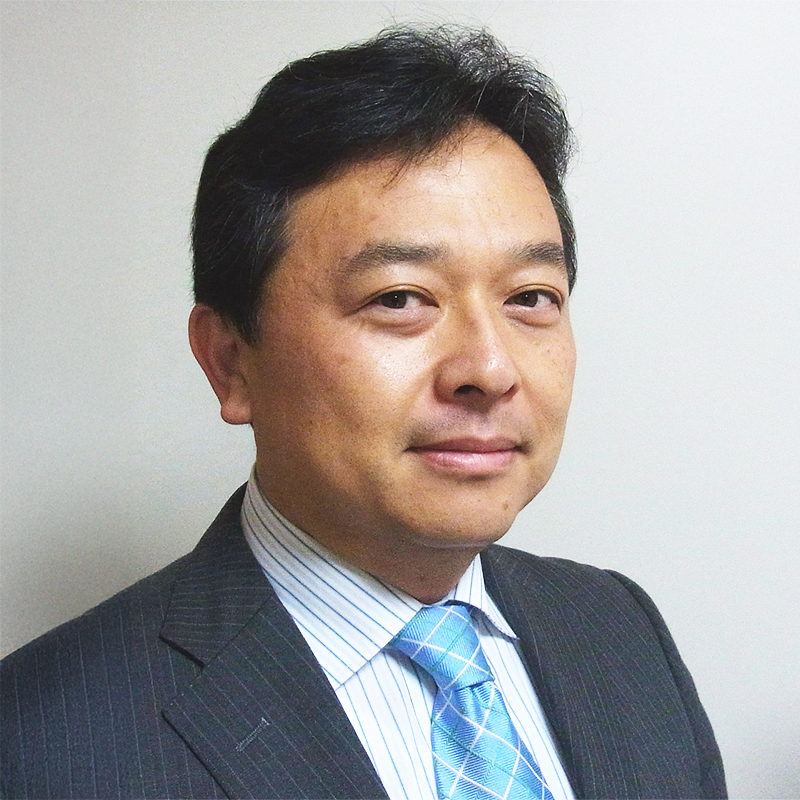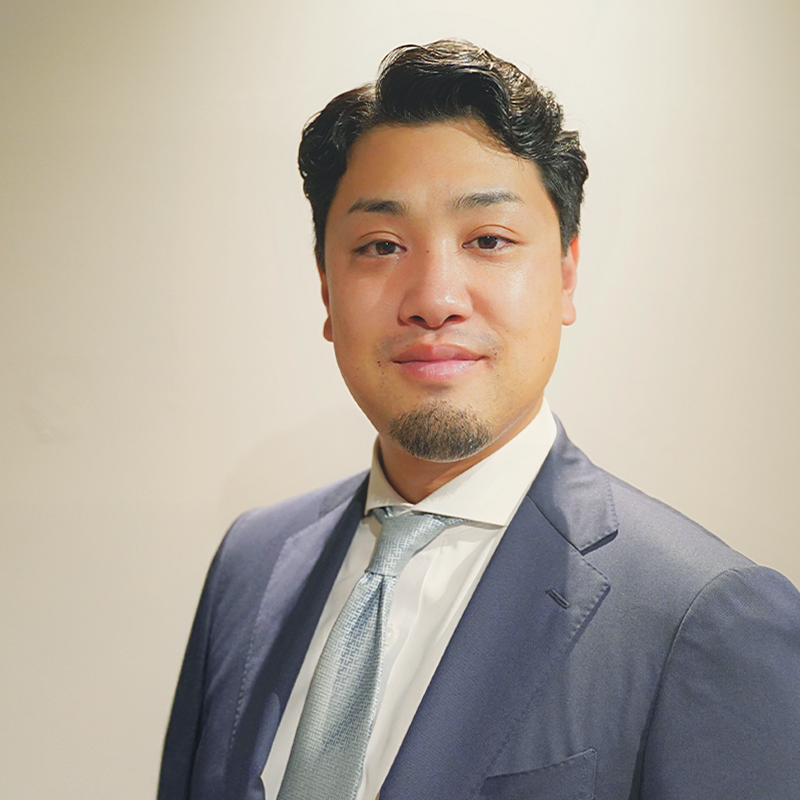While there are few places in the world that have the facilities to preserve fresh ingredients like Tsukiji and Toyosu, Japan has created a unique food culture that makes the most of fresh ingredients through the skills of artisans who cook them in the best possible way.On the other hand, the culture that Japan has cultivated over time has not always been accurately conveyed to countries outside of Japan. Our goal is to share the authentic experience of Japan's history and culture with people around the world through ”food”, and to create a future where the joy of eating can be shared across borders.








Fresh fish that arrives at Toyosu Market from all over the country in perfect condition for sushi. The optimal condition is not just fresh, but fish that also having the umami enhanced by immediate,precise handling on the fishing boat right afeter capture. The ecosystem in Japan that brings out the flavor of fish's umami and delivers it while maintaining its freshness is a major element that supports sushi, which has been built over many years to make fish delicious.
Much of Japan's land is made up of mountains, and the rain that falls oozes out over a period of 20 to 30 years, turning into soft water rich in minerals. The rice grown in Japanese water and soil is cooked in Japanese water and combined with red vinegar made from Japanese rice, making it the perfect sushi dish. Moisture closes more than half of Shari's components. Water is a factor that greatly influences the taste of sushi.


These ingredients are combined with the skills of a sushi chef. Many people don't know the difference between sashimi fish and sushi fish, but the fish used in sushi is prepared by craftsmen using ” preparation ” (cooking) tailored to each ingredient. There are various types of sushi, such as aged and kelp wrapping, but with the addition of ”preparetaion” to make the fish the most delicious, sushi has a simple yet profound taste. It is precisely because we have a Japanese environment where we continue to hone these techniques every day and where many craftsmen compete, that we are able to continue producing the best sushi.


After retiring from TENTAC DMS Division, he studied abroad in Canada.After returning to Japan, he started a food and beverage business under joint management. In 2003, he founded Nonpiufame Co., Ltd. (currently Nonpi Co., Ltd.). We continue to provide industry firsts such as catering EC, stadium VIP room, permanent IP cafe, online drinking party food, 100 yen cafe, and kitchenless company food, and in 2024 we transferred our business to Oisix・La・Daichi Co., Ltd. Developed new decompression technology and cool-japan Inc. and cool-japan Inc. of the United States. We aim to launch frozen sushi and sell it worldwide.

With a successful career as an actor under the esteemed director Yukio Ninagawa, he transitioned to entrepreneurship by founding and expanding a startup, which was later sold as a strategic exit following its growth. He has since managed multiple companies as an executive. He also spearheaded the global promotion of premium Japanese products, such as Traditional Authentic YAME GYOKURO—Japan’s finest gyokuro tea—in partnership with world-renowned chef Joël Robuchon. His expertise spans startup support and corporate revitalization.

After retiring from the Japan Ground Self-Defense Force, he transitioned to a career in IT engineering, specializing in enterprise system design and large-scale wireless LAN infrastructure. He later contributed to the system design and operations of distribution centers at Amazon Japan. Following that, he served as Chief Technology Officer for several startups and venture companies.

Having lived abroad for a total of 36 years across Belgium, Canada, and New York, bringing a truly global perspective to his work. After graduating from Chuo University in Tokyo and completed the AMP at Harvard Business School. He began his career at Sojitz Corporation, focusing on international logistics and ODA projects in Africa. Transitioning into the hospitality industry, he since led the turnaround and development of over 45 restaurants, food halls, and hotel-based dining operations across seven countries. With a lifelong mission to share Japanese food culture with the world, serve as US managing partner of Cool Japan, supporting global market expansion and value creation—particularly across North America.

Hiroyuki has a lot of experience in business development through partnerships, M&A and other strategic transactions. He started his own businesses in 2024 to support entrepreneurs and business families in various areas like business development, succession planning, estate planning, building family offices, etc.Before that, he worked for an apparel retail company for over 18 years and was involved in numerous partnership transactions as an Executive Officer. Prior to joining an apparel retail company, he worked for a private equity investment company. At the company, he had various experiences like buyout investment, working at accounting department, working as a controller at a subsidiary in the US (based in Palo Alto, CA), venture investment in Japan.

After leaving an international logistics company, Hiroshi launched new business. He is involved in research into laws and regulations related to import and export, the establishment of international logistics, and the support of overseas expansion by Japanese companies. He is currently an overseas expert at the Japan Rice and Rice Industry Export Promotion Association, which is under the jurisdiction of the Ministry of Agriculture, Forestry and Fisheries, and is involved in a wide range of work, including logistics and regulatory compliance for food exports, marketing research, and support for exhibiting at trade shows.

Dr. Satoshi Imanari completed graduate studies at Tokyo University of Marine Science and Technology. He began his career at Yamazaki Baking Co., Ltd., serving as a Food Hygiene Manager and Research Technologist. Subsequently, he held the positions of Head of Quality Assurance Division and Assistant Chief of Food Technology Liaisons at Kao Corporation. During a secondment to the Ministry of Agriculture, Forestry and Fisheries, he contributed to HACCP policy development. He holds multiple food safety certifications, including those related to ISO and the FDA, and is dedicated to bridging frontline operations with regulatory systems.

After graduating, Kai joined a major Japanese trading company, where he was engaged in business management, development, and corporate sales in the logistics and supply chain domain. He also gained hands-on management experience at a local subsidiary in Thailand, building expertise in both international business and on-the-ground operations. In 2025, he joined our company as part of the executive team, taking charge of corporate strategy and overall management. Combining practical field experience with a strategic management perspective, he is dedicated to building a business that delivers greater value to a broader range of customers.

name of company
cool-japan Inc.
founded in
July 1st, 2024
CEO
Hiroyuki Kakinuma
Capital
123 million yen
Location
Post Code 130-0024 104, 3-3-4, Kikukawa,Sumida-ku,Tokyo
決算期
6月
Business Description
Planning, development, manufacturing, and sales of frozen sushi, Operation of e-commerce sites and export of authentic Japanese culture